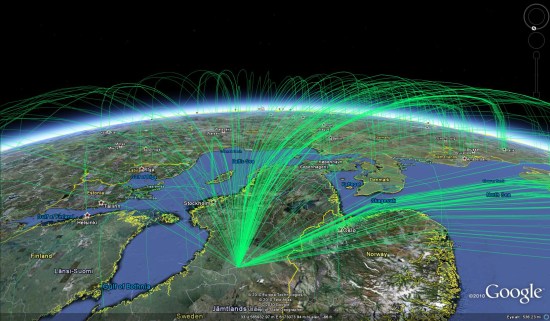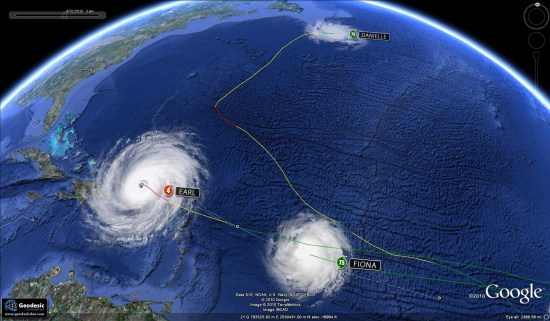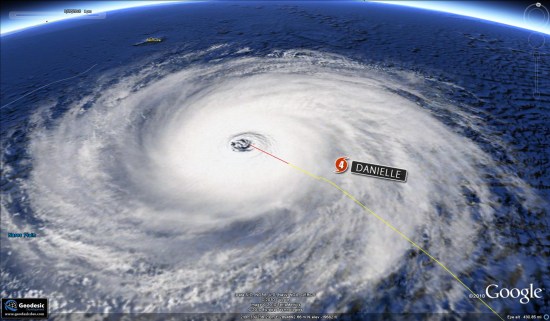We’ve been quite busy this year working on
Google Places,
Tags,
Boost, and our shiny new addition:
Hotpot. With so many different products and features now available for local businesses, we wanted to take a step back and explain how the ranking of local listings works when people search on Google and Google Maps.
Product Manager Jeremy Sussman takes us under the hood in
this informative video. Below are a few key takeaways, but we encourage you to watch the video, which features helpful examples and visuals.
Local search ranking refers to the placement and order of local information on a Google or Google Maps organic search results page. There are a variety of factors we take into account to provide you with results that match your local search, and three of the primary signals are relevance, prominence and distance. The best way to help potential customers connect with your business is to ensure that your basic company information like its name, address and phone number, are accurate, and then to add rich details like photos, hours of operation and more. You can do this by
claiming and verifying your business via
Google Places. However, claimed business listings do not receive any special ranking treatment over unclaimed business listings.
Google
Tags and
Boost are great online advertising solutions for local businesses. Tags make your organic business listings stand out on the Google and Google Maps search results page with a bright yellow marker that highlights specific attributes such as offers, videos or photos. And Boost is an effective complement to your organic Places listing because it quickly and easily creates an ad that can appear alongside the search results – giving your business additional exposure to people searching online. Neither of these advertising products available through your Google Places account affect the organic ranking of your business listing on Google or Google Maps.
Conversely,
Hotpot – our new local recommendation engine based on ratings from you and your friends – can definitely affect the ranking of the local businesses you see in your organic search results. If you’re signed in to your Google account and have enabled Hotpot, you’ll get personalized recommendations based on the ratings you and your friends provided – making it easier for you to discover new places you’ll enjoy.
Posted by Brianna Brekke, Senior Strategist, Google Places

![]()
![]()
![]()
![]() that has all three versions loaded, or watch the video below that he put together.
that has all three versions loaded, or watch the video below that he put together.
